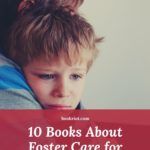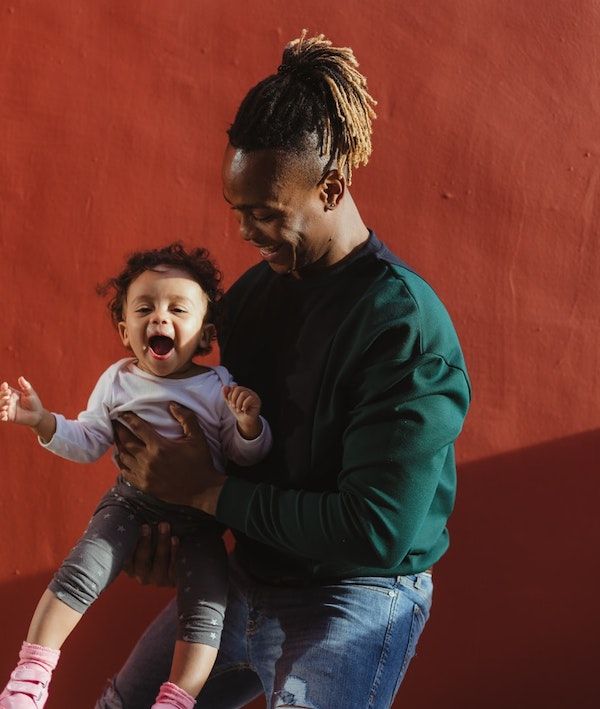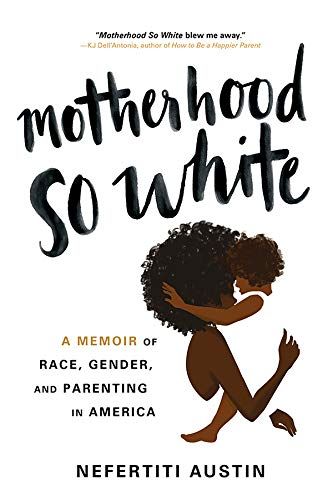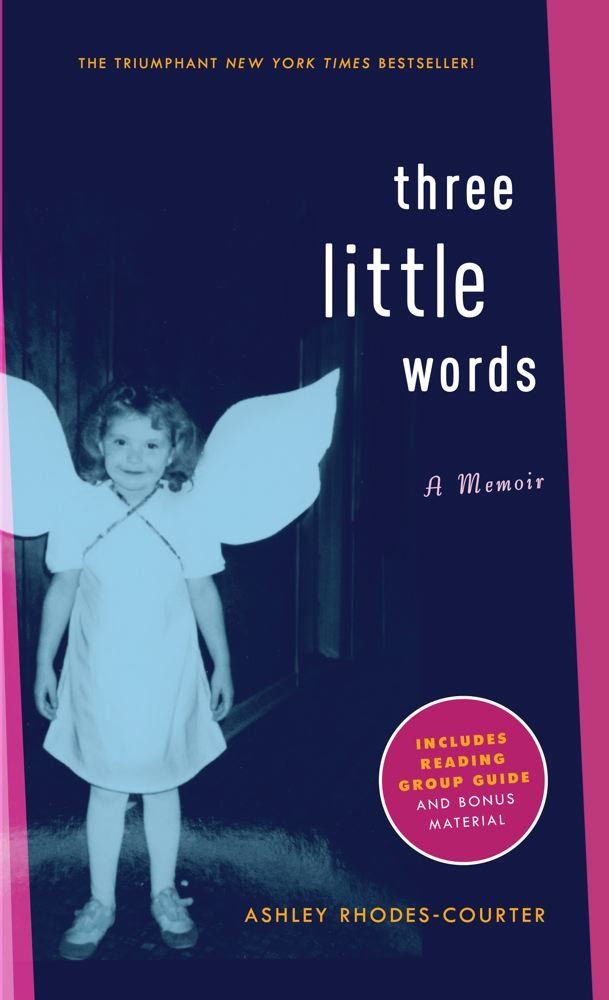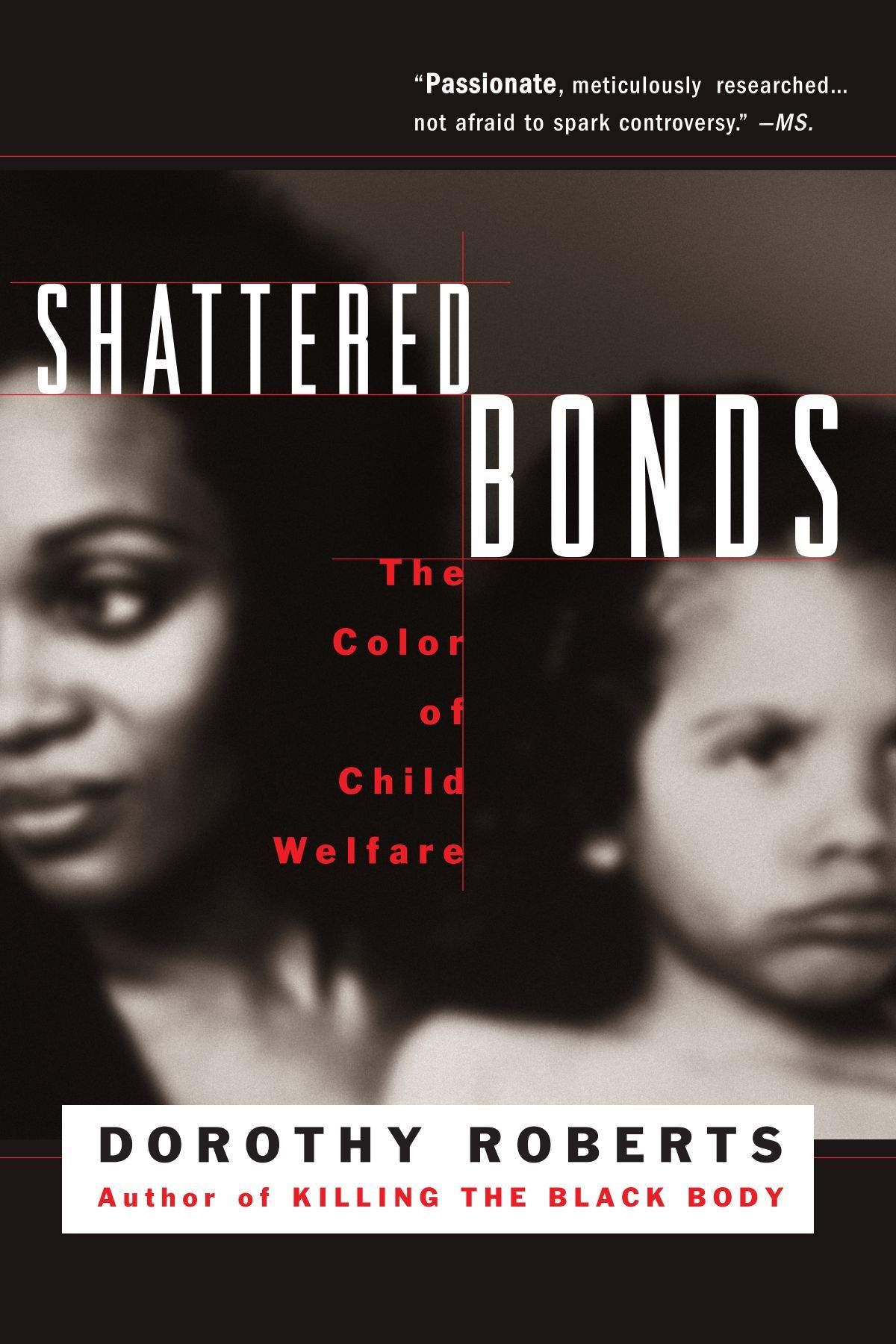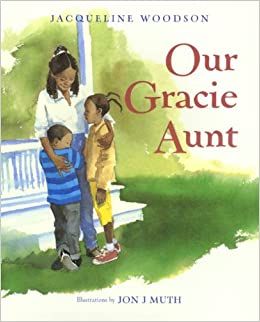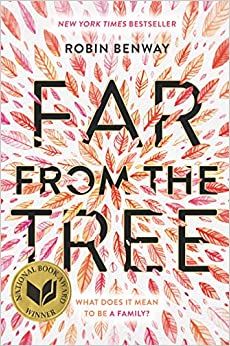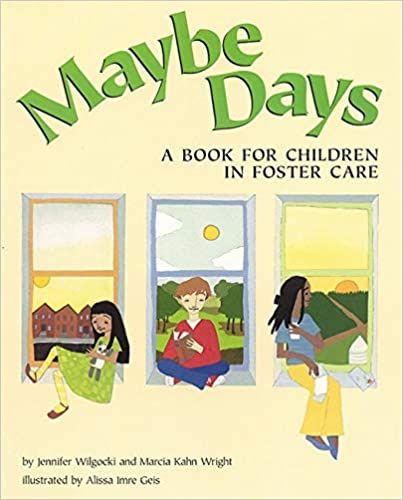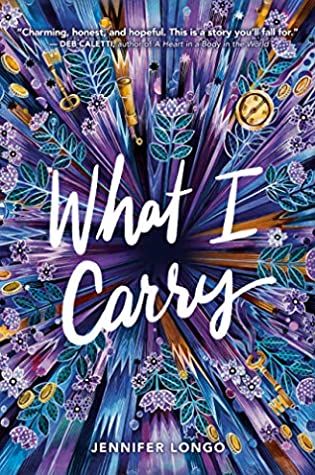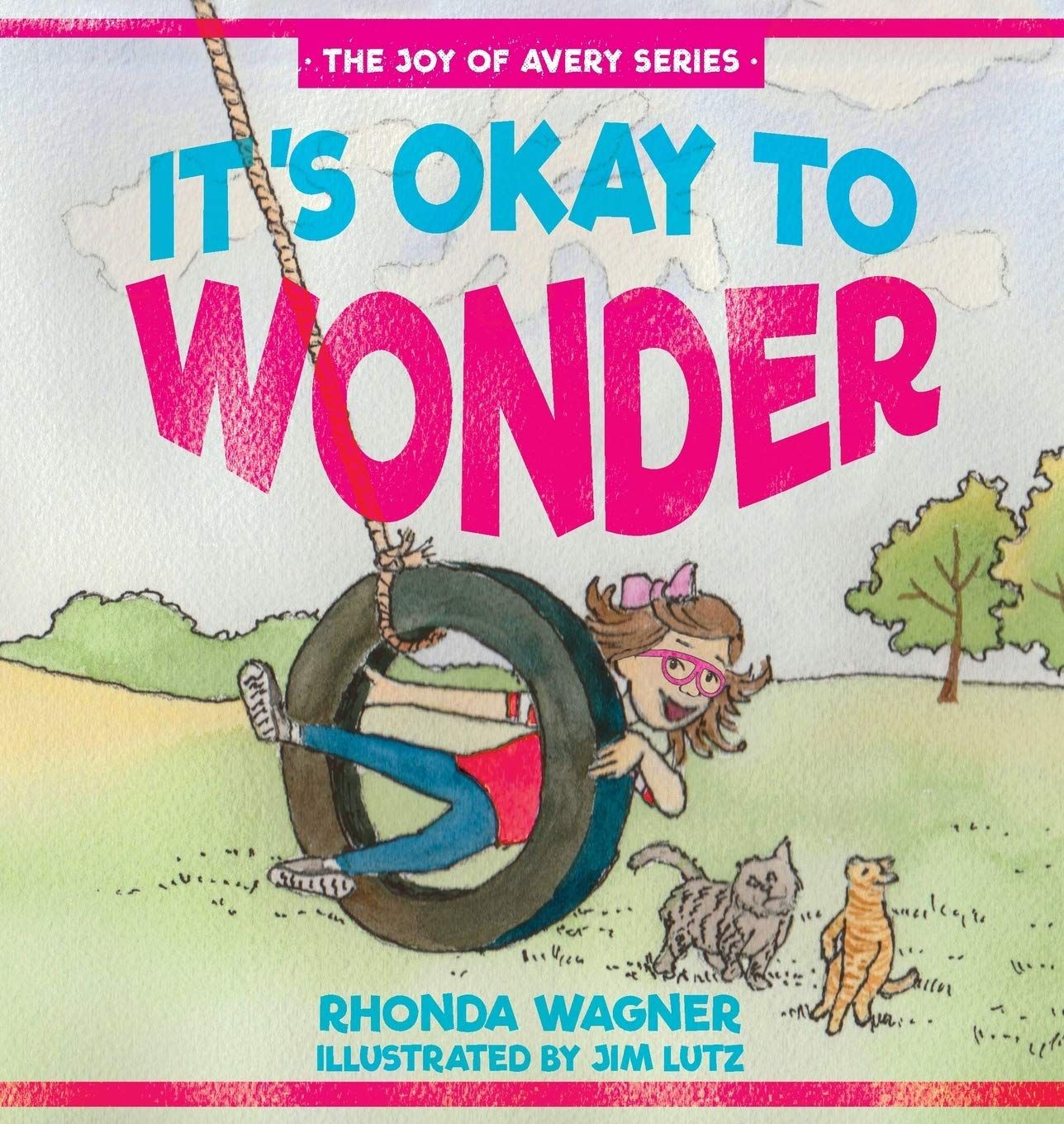Through the training and other conversations with our foster care agency as well as current foster parents, we learned so much about the system. Mainly we learned that foster care is much more complicated, flawed, and messy than we ever thought. Don’t get me wrong—that doesn’t mean that it’s not an important and good thing to become a foster home. But doing so requires a LOT of research. Thankfully, there are plenty of great books about foster care that can help you make the best decision for your family and the children that may come into your life.
The books about foster care on this list will help everyone from foster parents to children in care to biological children in a foster family navigate the tricky aspects and emotions of becoming a foster home.
Honestly, building this list was challenging. Too many books about foster care can paint fostering as a sort of “heroism” while vilifying the parents—more often than not parents of color—who have their children taken from them, often unjustly. I’m not saying this is always the case, but we need books that give us a clear-eyed view of the realities of the foster care system.
It’s also hard to find books that focus on fostering more than, or as much as, adoption. The two are inextricably linked, to be sure, but they are not the same thing. The goal of fostering is always to see a child reunited with their family. Many children in care do get adopted by foster families, but that is always a last resort.
For that reason, I’ve tried to focus on books that center on foster care rather than adoption. You can find more children’s books about adoption here.
Books About Foster Care For Foster Parents
Books About Foster Care For Children In Care
N.B. In MAPP training, we learned that “child/children in care” is a more inclusive term than “foster child.” This may not be everyone’s experience, and foster families in different parts of the countries may use different terms. But for the purposes of this article, I have used the term “child in care” to refer to children who are placed in foster homes.
Books About Foster Care For Biological Children In The Foster Family
